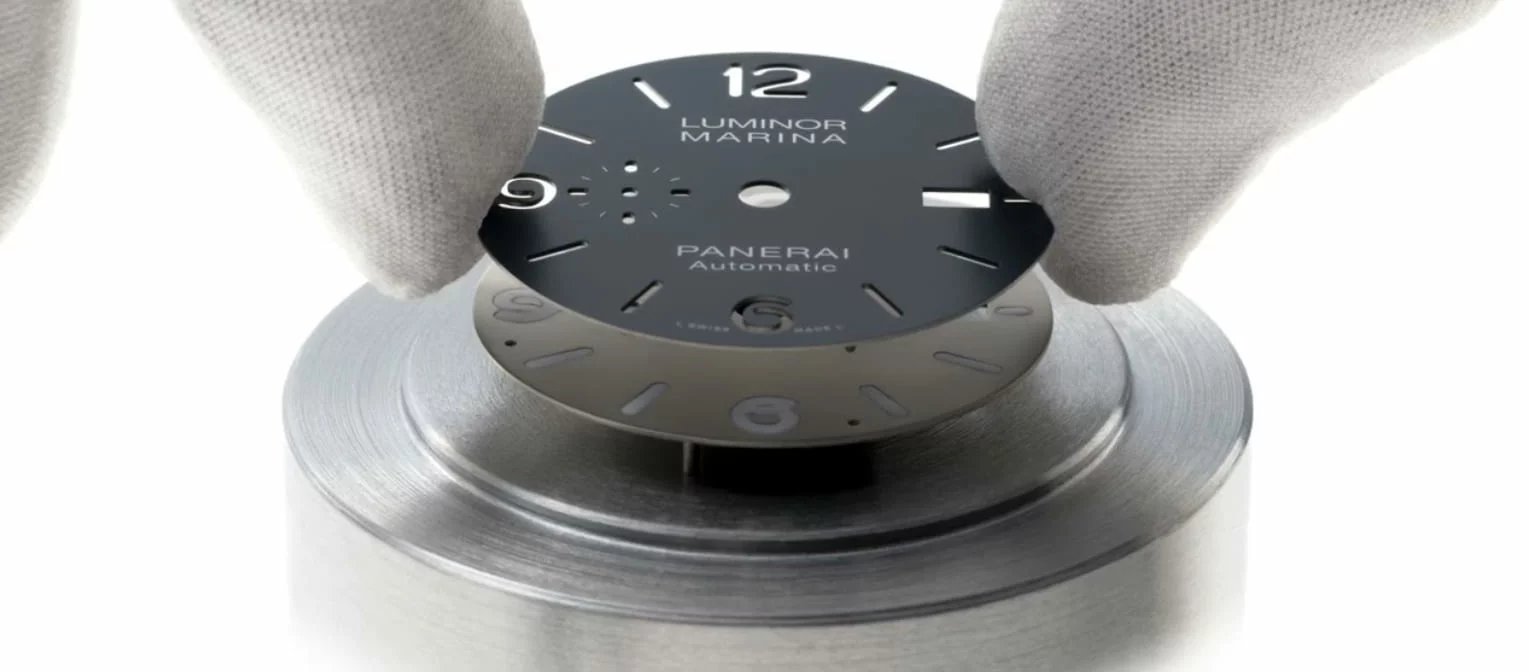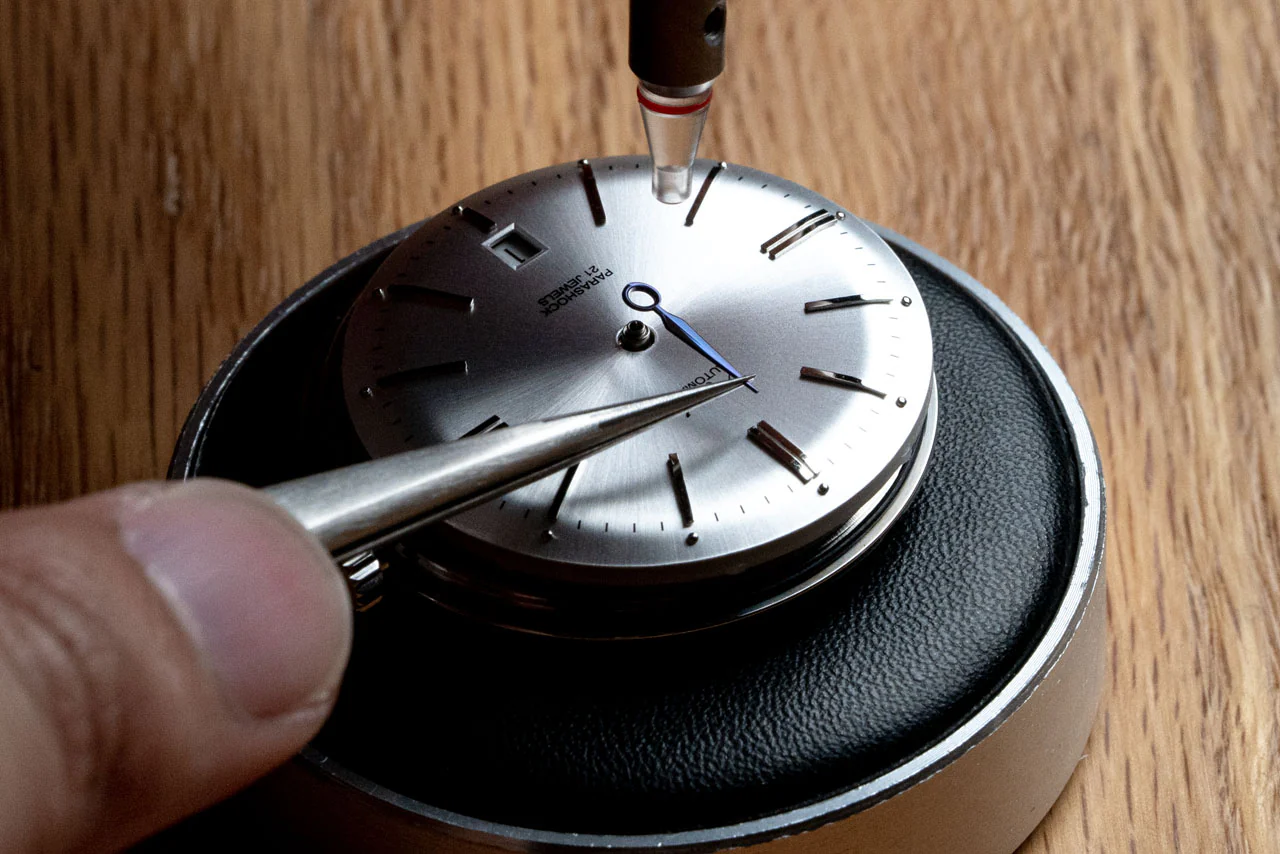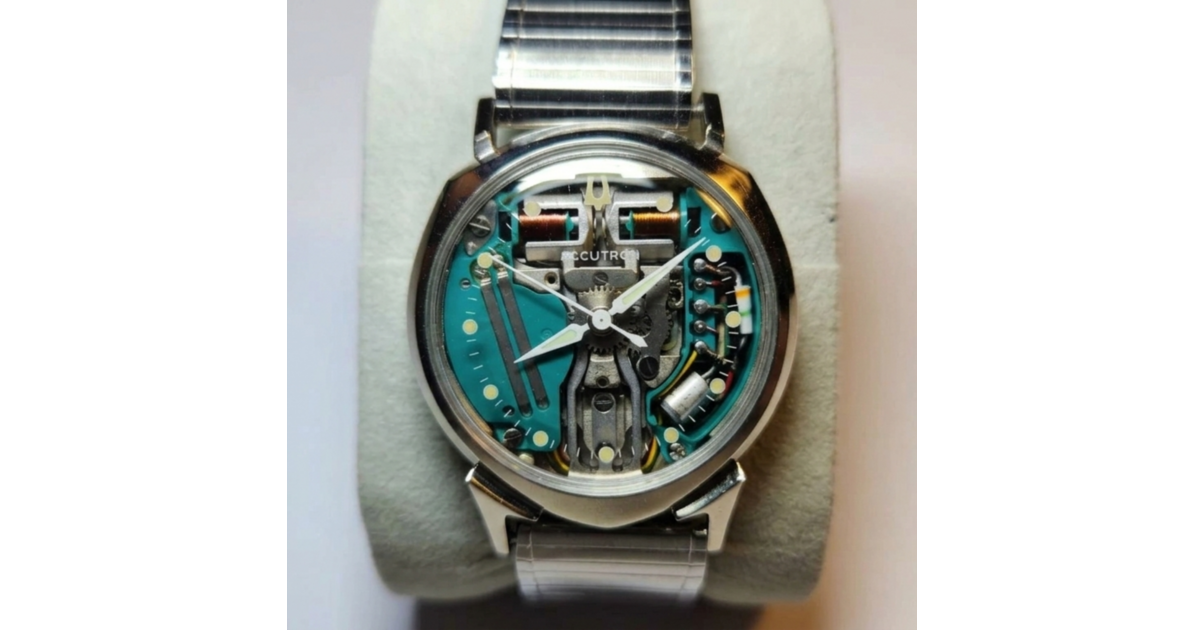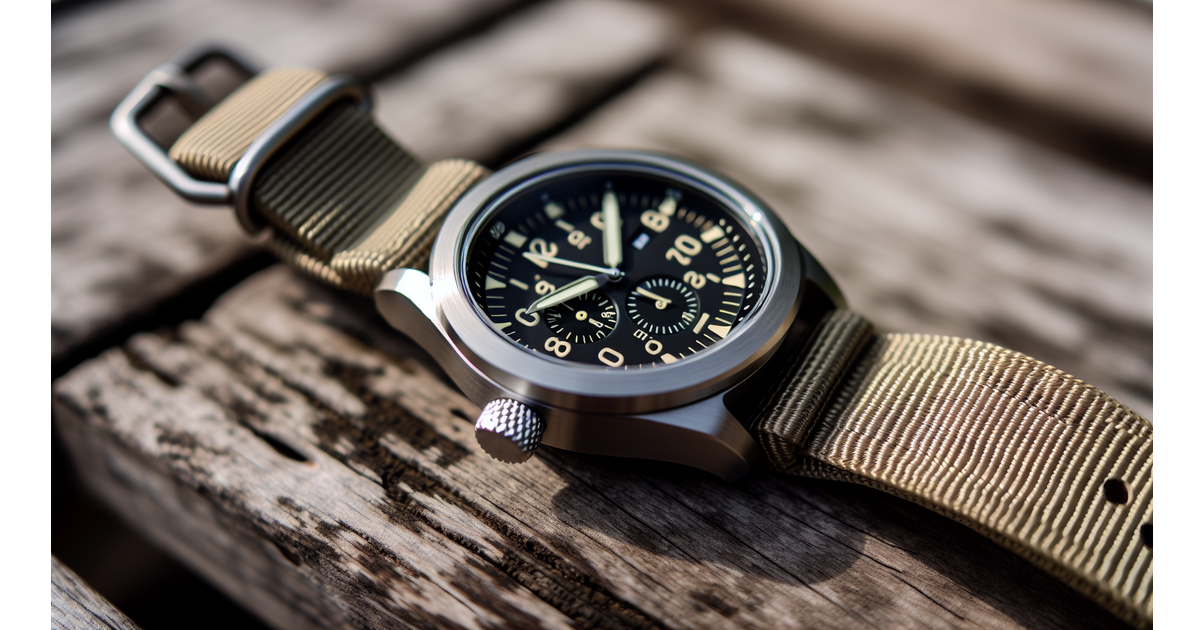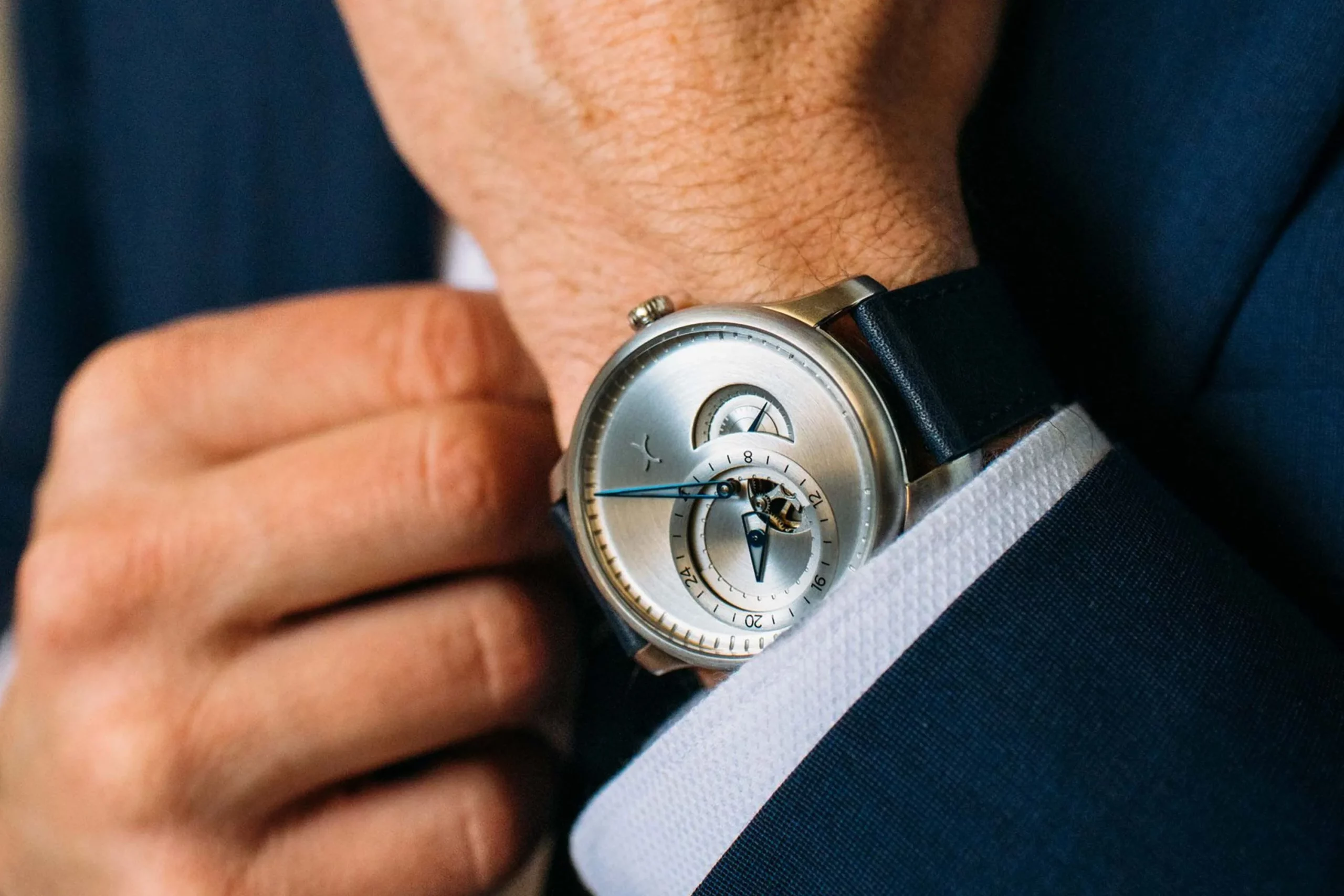Table of Contents
In our daily life, we are constantly confronted with the notion of time. But did you know that the history of time measurement is as fascinating as it is complex? In this guide, we invite you to discover the evolution of the measurement of time and some curiosities that punctuate its history.
The origins of time measurement
The notion of time has always been present in human life, even if its measurement has not always been as precise as it is today. Early civilizations endeavored to divide time into cohesive units to organize their daily activities and predict important seasonal events.
Solar time

Initially, men relied on the apparent movement of the sun in the sky to measure time. The shadows cast by the Sun thus made it possible to set up the first sundials, the invention of which dates back to Egyptian or Babylonian antiquity. With the evolution of astronomical knowledge, sundials have become more and more sophisticated and precise.
Lunar time

In parallel, some civilizations have also developed time measurement systems based on the phases of the Moon. THE lunar calendarssuch as the Islamic calendar or the Hebrew calendar, are still used today to determine the dates of religious festivals and other traditional events.
The rise of mechanical clocks
The measurement of time experienced a real revolution with the invention of the first mechanical clocks in the Middle Ages. These devices made it possible to measure time independently of natural phenomena such as the position of the Sun or the phases of the Moon.
Water clocks

Also called water clocks, these clocks measure time using the steady flow of water from one reservoir to another. Used since Egyptian Antiquity, they were improved by the Greeks and then the Romans who added more complex mechanisms to obtain a more precise measurement of time.
Weight clocks

Invented in China around the 10th century, weight clocks work using potential energy stored in a suspended weight. As the weight descends, it drags with it a set of cogs that move the hands of the clock. This is how the first tower clocks were born, which gave rise to the famous chimes and animated automatons.
Modern clocks and the measurement of atomic time
Over the centuries, mechanical clocks have continued to improve and diversify. Of the pendulums from pocket watches to quartz clocks, each era has brought its share of technological and aesthetic innovations.
Atomic time

But it was undoubtedly the advent of atomic time that marked a major turning point in the history of time measurement. Atomic clocks use the vibrations of cesium atoms or other elements to determine time with unparalleled precision. Today, Coordinated Universal Time (UTC) is based on International Atomic Time, which allows uniform time measurement around the world.
Curiosities and anecdotes around the measurement of time
Revolutionary Calendars

Among the curiosities of the history of time measurement are some attempts at radical reforms of traditional calendars. The most famous is probably the republican calendar, introduced during the French Revolution, which divided the year into 12 months of 30 days and added 5 or 6 additional days at the end of the year. Despite its rational claims, this calendar did not stand the test of time and was abandoned in 1805.
Time zones and daylight saving time

With the generalization of rapid transport such as the train and the plane, it has become essential to harmonize local times to facilitate exchanges and travel. This is how the time zones in the 19th century. Similarly, daylight saving time has been implemented in many countries to save energy by taking more advantage of natural light during the longest months.
Unusual clocks

Finally, some clocks have marked history through their originality or technical prowess. Let us mention in particular the famous Prague Astronomical Clockwhich not only indicates the time but also the position of the stars, or the long-term clock project led by Jeff Bezos, founder of Amazon, which aims to build an underground clock capable of functioning for 10,000 years.

As you can see, the history of time measurement is littered with fascinating discoveries, inventions and curiosities. Throughout the ages, men have tirelessly sought to tame time to better organize their lives and understand the world around them.

